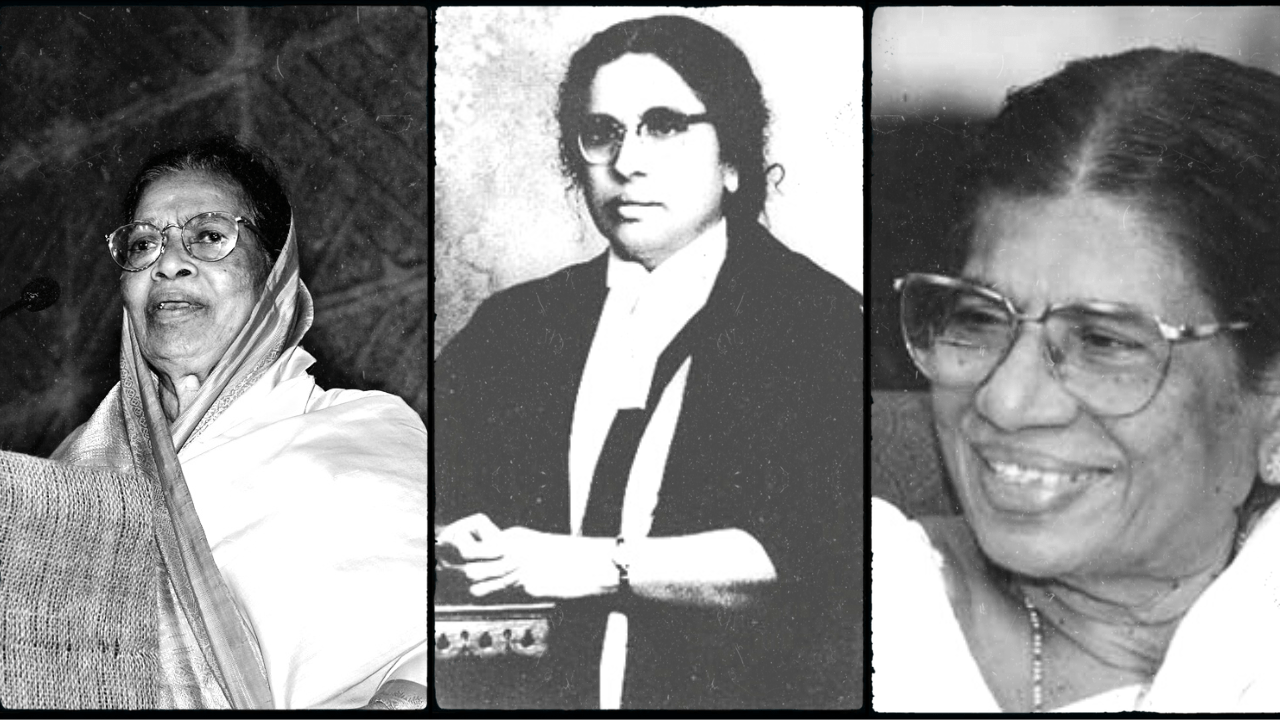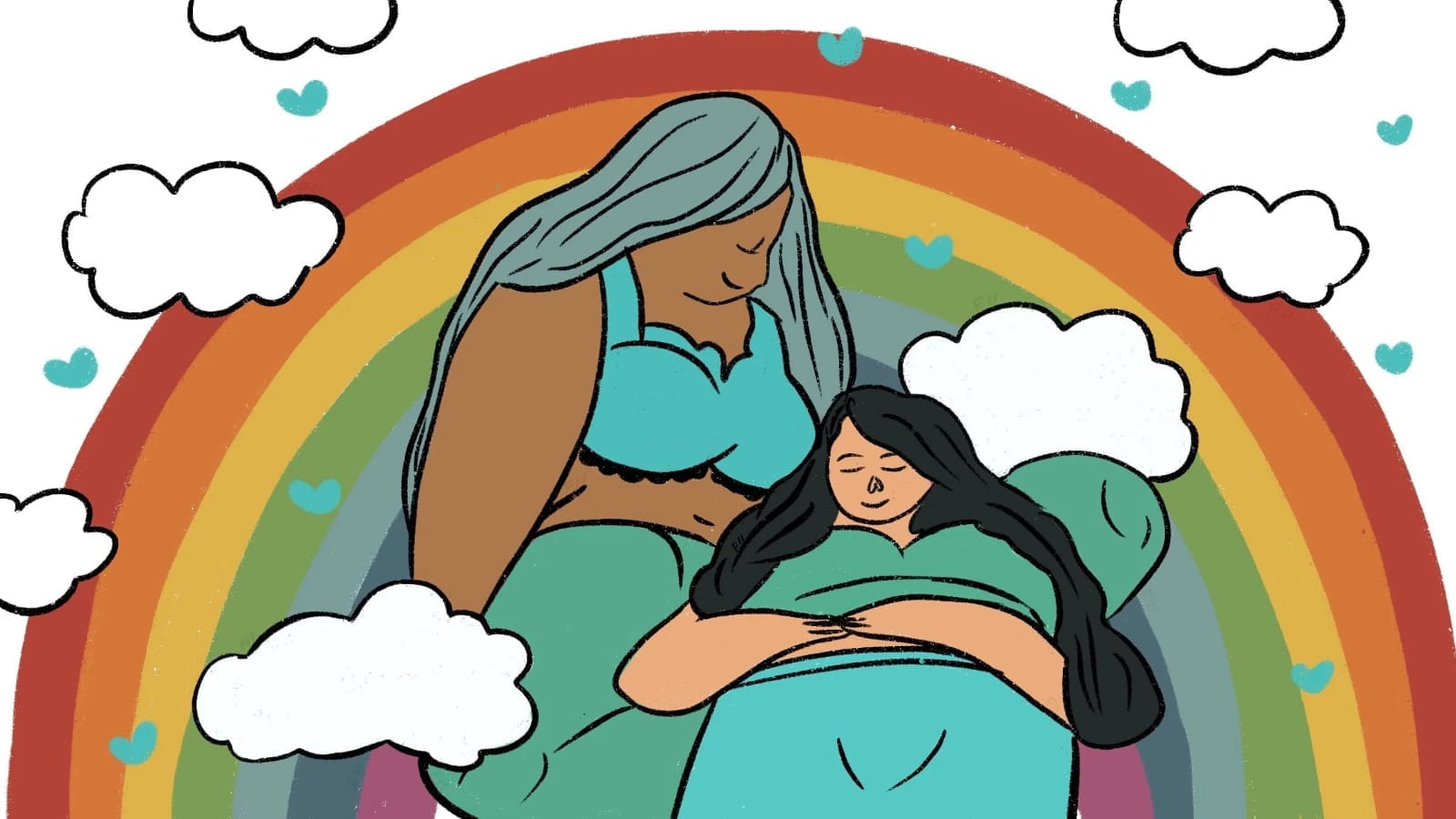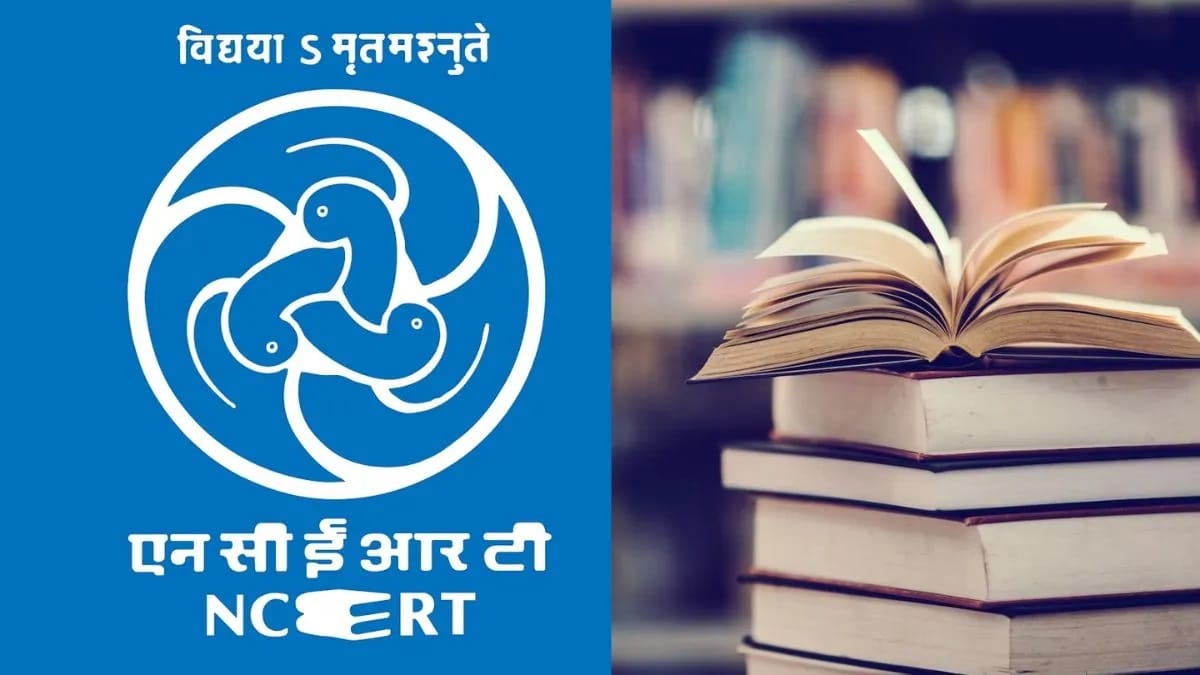Kerala is considered one of the leading states in the country that ranks 94 per cent in literacy as per the latest population census. Male literacy in the state stands, at 96.11 per cent, while female literacy is at 92.07 per cent in 2022-23. Women have a long history of education in Kerala, dating back to the early rulers who encouraged female education in the state. Women in Kerala are said to have been involved in high societies of literature, art, scholarship, and many other fields for decades. More than education, women have participated in politics, and social reform, and this has left an imprint on history.
Moreover, the matrilineal system in Kerala has had a huge impact on the participation of women throughout history. As per Caravan, the matrilineal society in Kerala emerged during the period when the second Chera dynasty was defeated due to the conflict with the Cholas around 985 AD. Invariantly, more than 200 years ago the population in Kerala followed the system matrilineal in the state. However, after the 20th century, due to various concerning facets such as imposing the ideals of monogamy, and decency on the Nair community, in 1925, the Queen of Travancore, Rani Laxmi Bhai signed the Nair Regulation Act and introduced the patrilineal system in the state.
Also Read: Justice Fathima Beevi: The First Indian Woman To Become A Supreme Court Justice
It is during the same time Anna Chandy, a woman, who belonged to a Syrian Christian family and followed the matrilineal inheritance, had grown up under the female rule of Maharani Sethu Lakshmi Bayi, became the first woman judge in India. A pioneer in the legal profession and social reformer and a feminist.
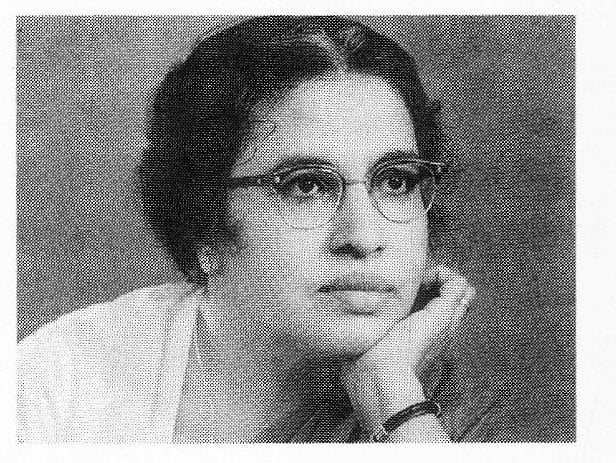
Omana Kunjamma was the first Indian female magistrate as well as the first woman in Kerala who became an IAS officer. She was born in Nagercoil, Tamil Nādu in a Malayalee Nair family from Kerala. After completing her law degree from Madras Law College, she was appointed as a munsif magistrate that is a judge and presiding officer of a district court that deals with civil cases in 1948 by the Travancore-Cochin government. Later she served as a magistrate for twenty-eight years until her retirement in 1976. An underrated woman in the history of Kerala especially in the records of the first generation of women in law, Kunjamma was well-known at the time for her social efforts and reformation.
Kalathilparambil Raman Gouri Amma, also known as K. R. Gowri Amma was an Indian politician based in Alappuzha in central Kerala, and one of the prominent leaders of the Left movement in India. Gouri Amma was the first woman lawyer in Kerala from an affluent Ezhava family. She attained her graduation in the subject of history from Maharajas College, Ernakulam and received her law degree from Government Law College, Thiruvananthapuram, and later enrolled as an advocate at Cherthala.
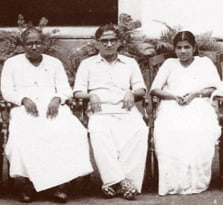
More than a lawyer, since she aligned with the communist party in 1948 and was elected to the legislative assembly 4 times between 1952 and 1959. Her participation in the Kerala Peasants Union from 1960 to 1984 and the Kerala Women’s Union from 1967 to 1976 marked her exceptional. In 1994 when Gouri Amma was charged with anti-party activities on the allegations of lawlessness and nepotism, the left democratic party faced tremendous criticism for the eviction of Gouri Amma from the alliance implying groupism and male propaganda.
Also Read: Are Women Law-Upholders Truly Safe In Our Country?
However, she founded her own party called Janadhipathya Samrakshana Samithi (JSS) in the same year of her coalition from CPI-M with huge public support. She became the Agriculture Minister under the UDF government from 2001 to 2006 and in 2015 Gouri Amma returned to Left Democratic Federation merging her party with CPI-M. It is said that no one was able to compete with her in the assembly as well as in the court. The qualitative power of law as well as her strong inclination towards politics forever highlights the name K.R. Gouri Amma in the account of Kerala women in law and politics.
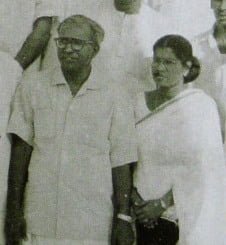
Following the journey of Gouri Amma, a woman from a backward community into law has inspired many. It is in 1989 Justice Fathima Beevi, the first woman as a judge of the Supreme Court of India marked her name in the history of women in India. She was inspired by Ms Anna Chandy and happened to be from her hometown. Fathima Beevi was one of the woman lawyers and a significant exponent who fostered the participation of womenfolk in the judiciary focusing on the upliftment of women and supporting the abolition of patriarchal norms from society.
As per the survey conducted by Bar and Bench following Women’s day on March 8, 2023, the report notes in India where the number of Senior Advocates across the Supreme Court and all the High Courts is 3,149, of which a mere 3.4 per cent or 106 are women. Out of this, the statistics show in the Supreme Court 469 are men, and only 19 constitute women.
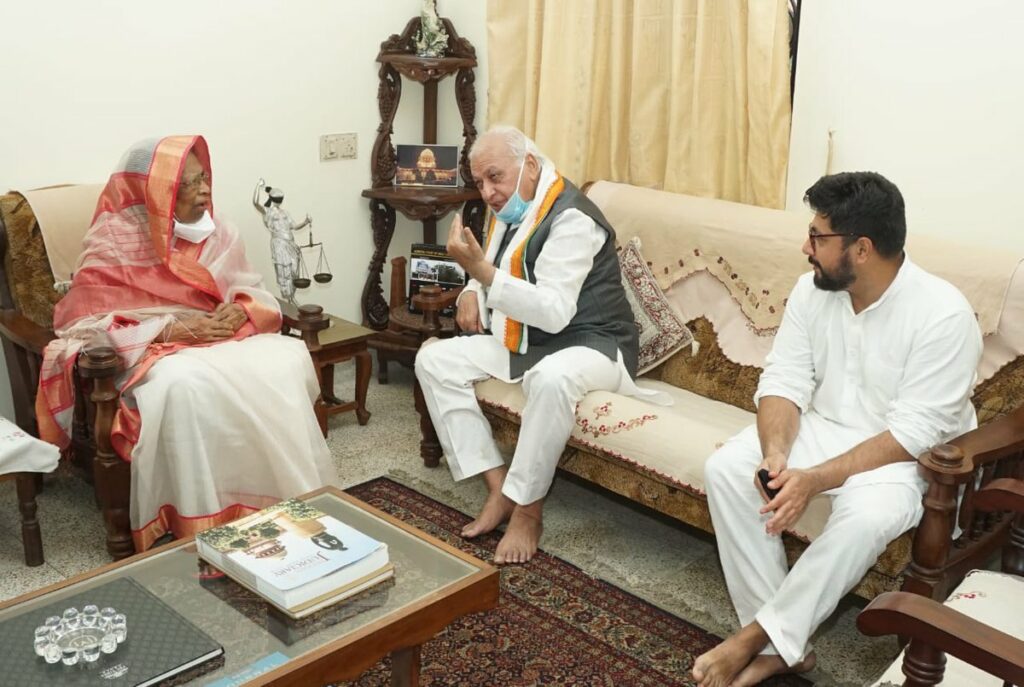
In High Courts such as Jammu and Kashmir, Allahabad, Patna, Rajasthan, Gujarat, Jharkhand, Sikkim, and Manipur, only one woman is on the list. On top of it the High Courts such as Orissa, and Tripura hold none. Addressing the issue, the erstwhile Supreme Court Judge and the first woman Chief Justice of Bombay High Court, Justice Sujata Manohar noted the fact that even though women advocates are fairly large in number, some are specialising in specific laws, there is a patriarchal mindset prevailing against women lawyers in the country.
In India, the number of women graduating with a law degree is increasing. However, a few appear in the field for the long term due to gender prejudice, sexism and male superiority in the workplace. In recent years, the entry of women and rising representation in the legal profession has been one of the most remarkable social changes.
Also Read: Cornelia Sorabji: India And Britain’s First Female Attorney | #IndianWomenInHistory
Today, according to Legally India, Delhi is the most legally concentrated state in India with three hundred people being lawyers out of which 15 are women is the highest compared to other High Courts in the country. In the judiciary, many states have a reservation policy for women such as Assam, Andhra Pradesh, Telangana, Odisha, and Rajasthan. It is in 2022, Kerala High Court marked the record of the judiciary that, out of 38 judges in the Kerala High Court, 7 are women and reported as the highest in the court’s history.
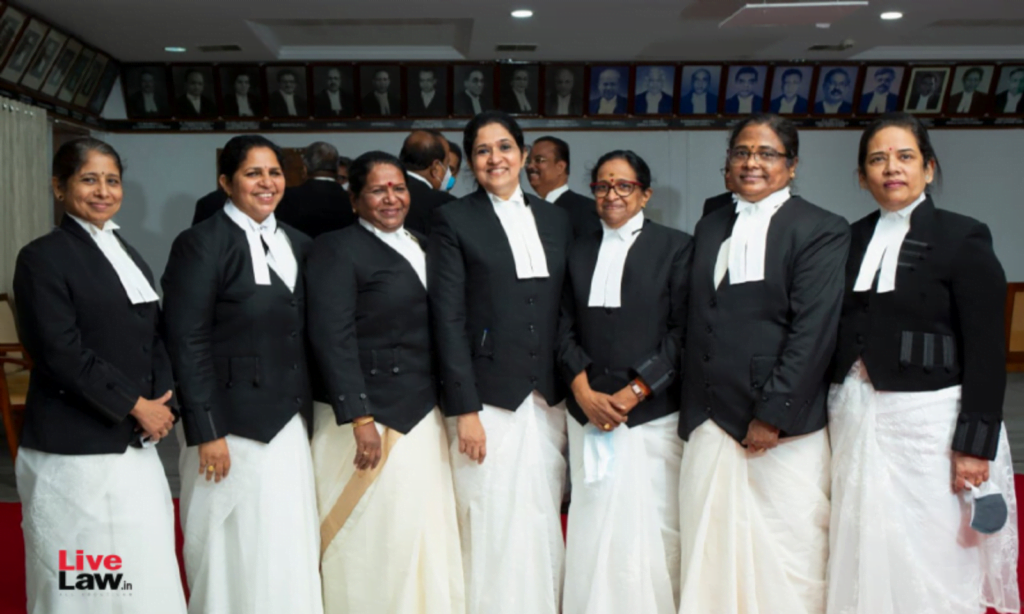
While a part of the population believes women in the legal profession is strange and unfeasible.Though the recent XXI All India moot court competition for Adv T. S. Venkateshwara Iyer Memorial Ever Rolling Trophy conducted by His Highness Maharajas Government Law College, Ernakulam, was noticeable. Out of the winners and runners-up comprised of 3 each team, 6 of them were female law students, and 3 were male. It is in 2022, Kerala High Court marked the record of the judiciary that, out of 38 judges in the Kerala High Court, 7 are women and reported as the highest in the court’s history.
It is in 2022, Kerala High Court marked the record of the judiciary that, out of 38 judges in the Kerala High Court, 7 are women and reported as the highest in the court’s history.
Marking the progress of female students pursuing law as well as breaking the prejudice that women are not aggressive in the legal field, the latest moot court retells the remarkable expedition of Justice Anna Chandy to Fathima Beevi, who stood stern in the history of Kerala women in law. They started their career from the lower judiciary to the top court of the country, determined for the inclusion of women in the workplace and helped the upcoming generation of women to pursue a career in law especially women in the state of Kerala, wherefrom a paramount of female first-generation legal exponents manifested the power of law in the courtrooms.
References
1.”Sstra University, Thanjavur Wins Moot Court Competition Hosted By Government Law College, Ernakulam”Livelaw.
2. Sen, Jhuma. “The Indian Women Who Fought Their Way Into the Legal Profession” The Wire.
3. S, Rukmini. “Where are the women? A study of High Court Judges in India offers a number of insights” Scroll.
